4. The Climate Crisis
The climate change will intensify risks and produce new threats, generating irreversible impacts across the globe. The human toll of climate change however will not be distributed evenly across populations. Extreme weather and changes to the climate system will add to existing social, economic, and political inequalities. Our research focuses on communities most vulnerable to climate change and supports resilience by improving our understanding of climate risks and response alternatives.
Geographical focus
Vietnam, Bangladesh, India, Mexico, Nigeria, Colombia, Mozambique
UN Sustainable Development Goals
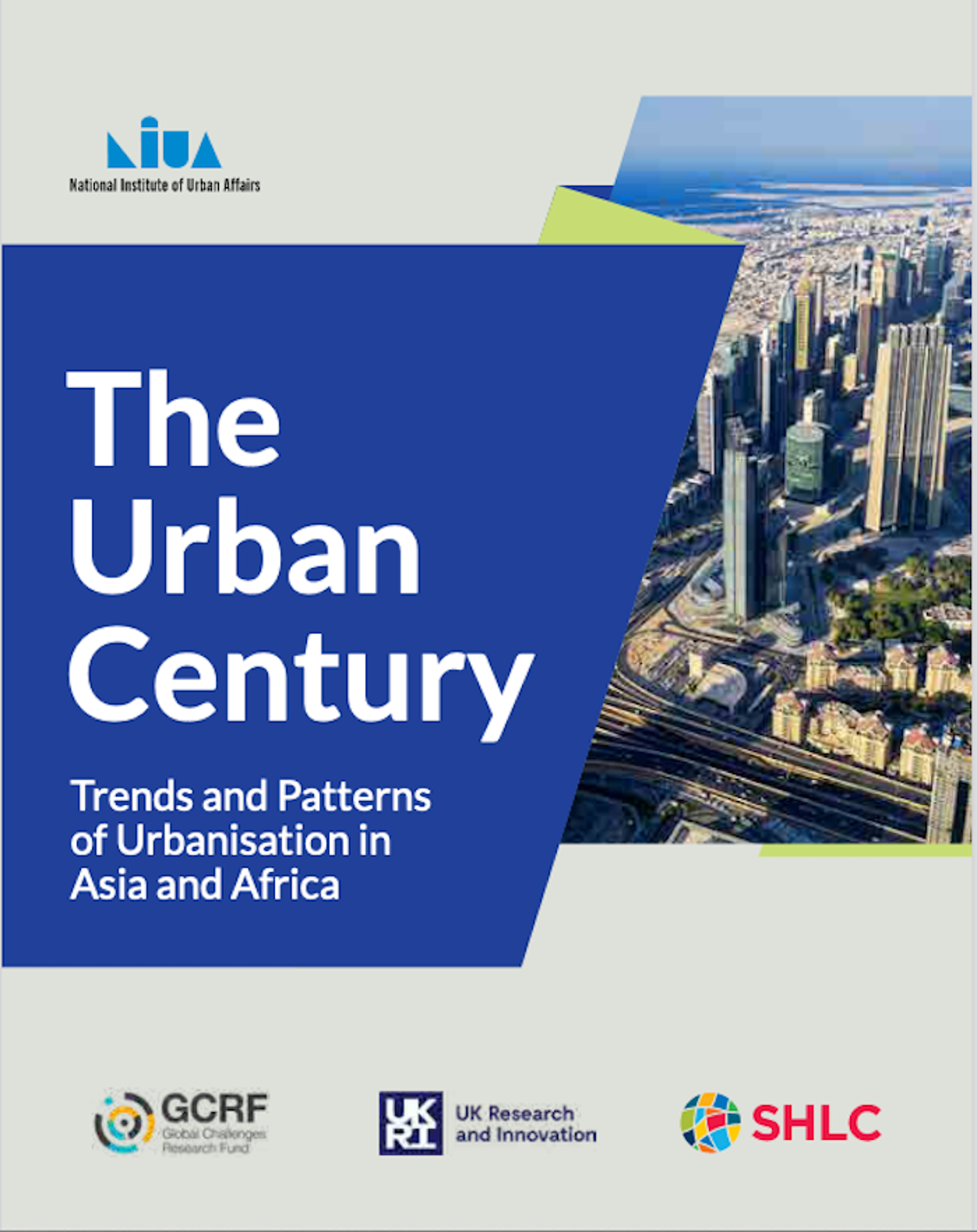
The Urban Century - Trends and patterns of urbanisation in Asia and Africa
This report analyses the drivers behind rapid urbanisation in Africa and Asia highlighting key regional differences
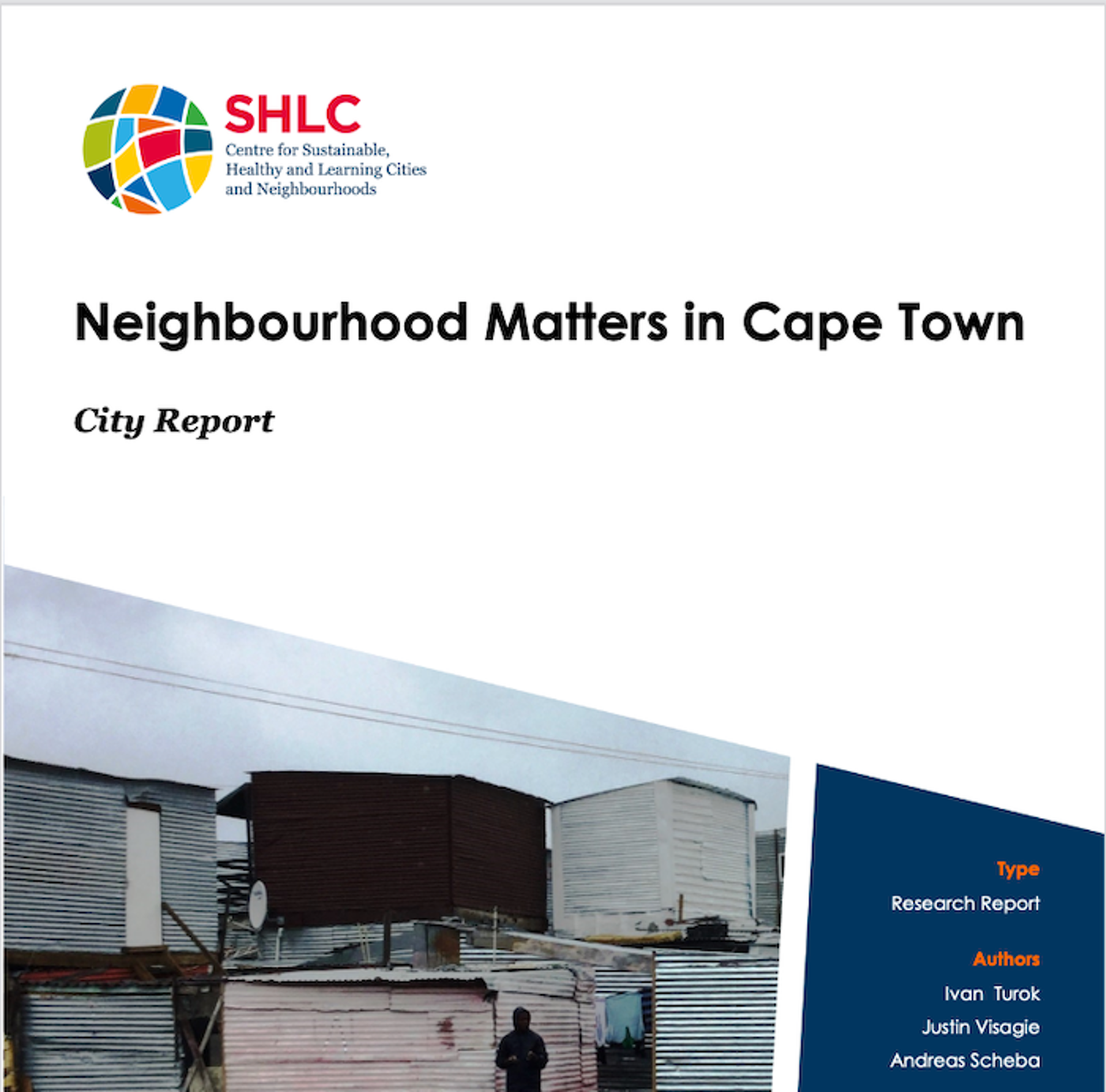
Neighbourhood Matters in Cape Town
SHLC Report presenting data on neighbourhood inequalities in Cape Town
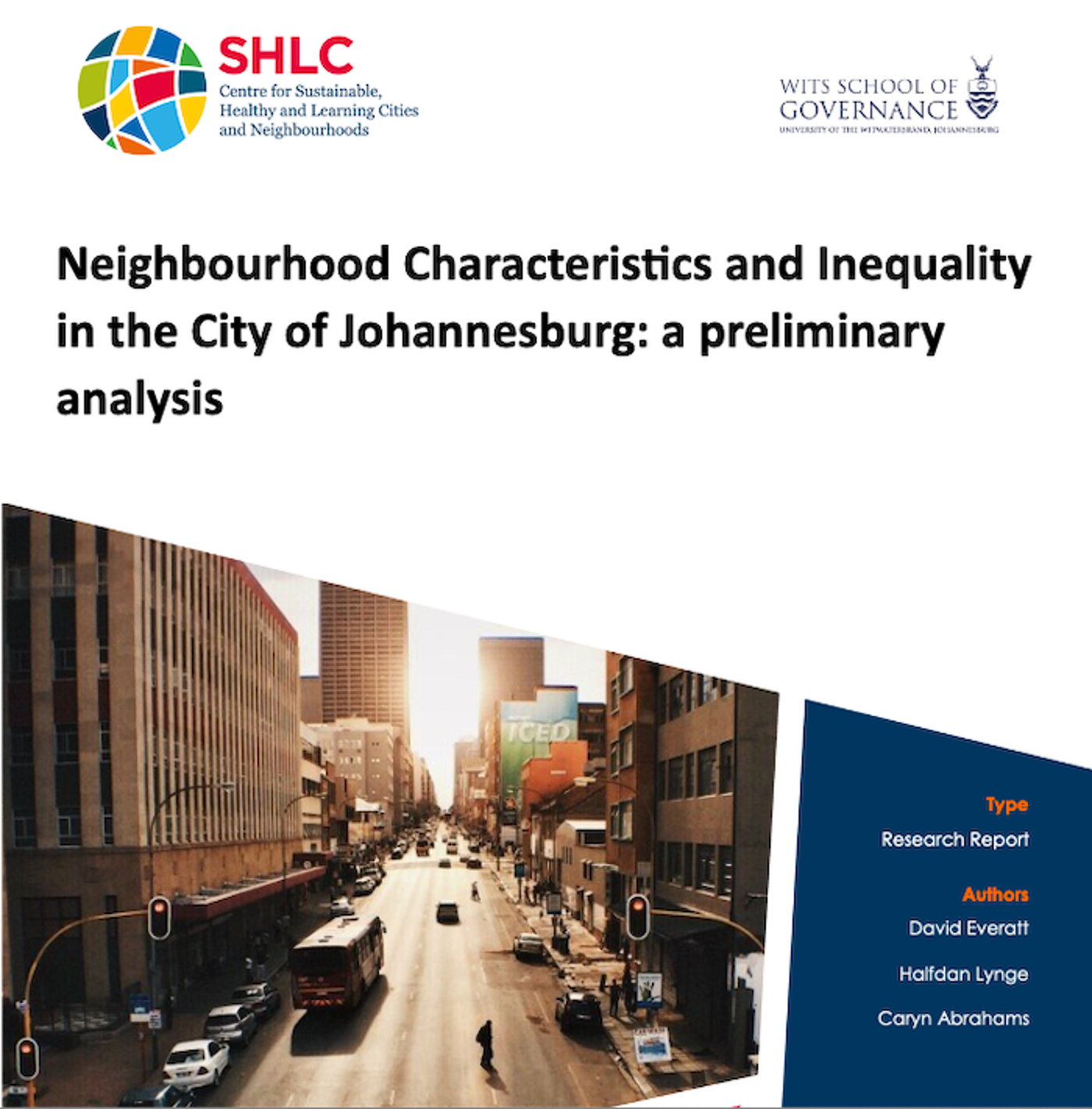
Neighbourhood Characteristics and Inequality in the City of Johannesburg
SHLC Report presenting data on neighbourhood inequalities in Johannesburg

ENHANCING COMMUNITY RESILIENCE TO FLOODS AND ADAPTING TO EXTREME WEATHER EVENTS WITH DATA-DRIVEN CITIZEN SCIENCE
Policy brief on promoting community resilience to floods using citizen generated data

Voter Coalitions and Pro-Climate Reform
Report Analysis of the barriers and pinpoints mechanisms to create pro-climate coalitions

Adaptation and Resilience in ASEAN: Managing Disaster Risks from Natural Hazards
Insight
Priority Challenge 4 Projects
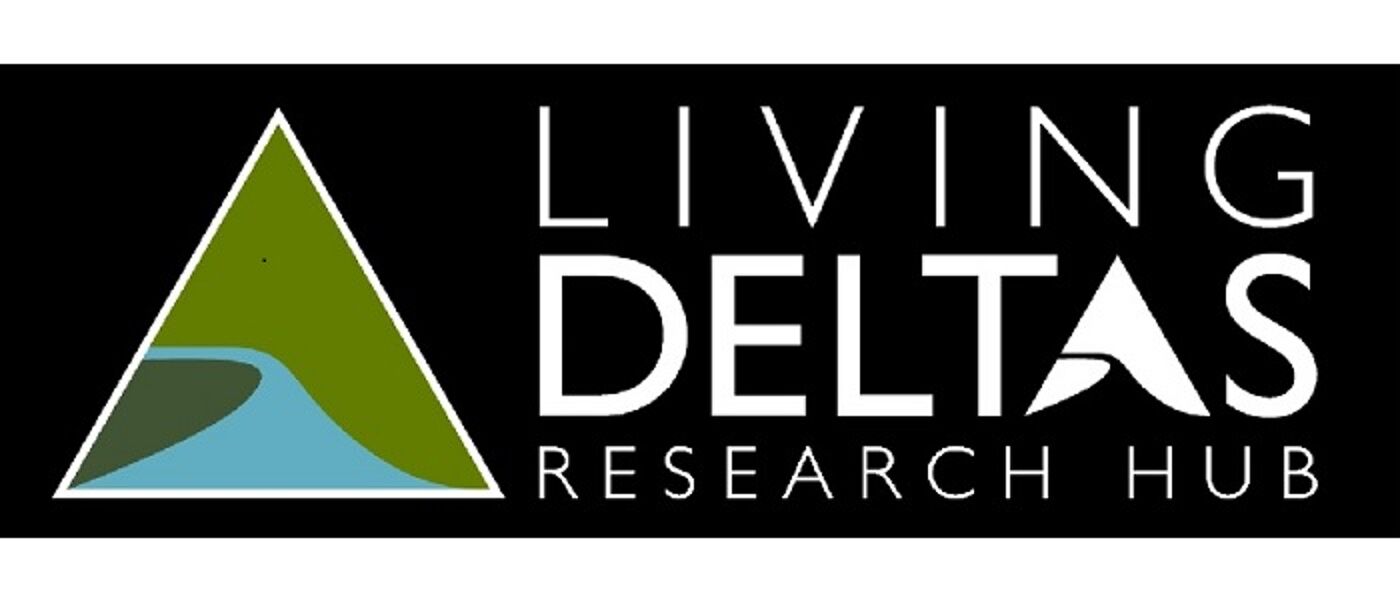
Living Deltas
Project Title: Living Deltas
Geographic focus: Asia and Europe
Research hub involving universities in Asia and Europe exploring challenges in delta ecosystems and local communities. The project will contribute to better monitoring of sustainable development indicators in delta regions as well as local and regional policies to strengthen resilience.
Project Lead: Prof Fabrice Renaud
Project Website: Living Deltas
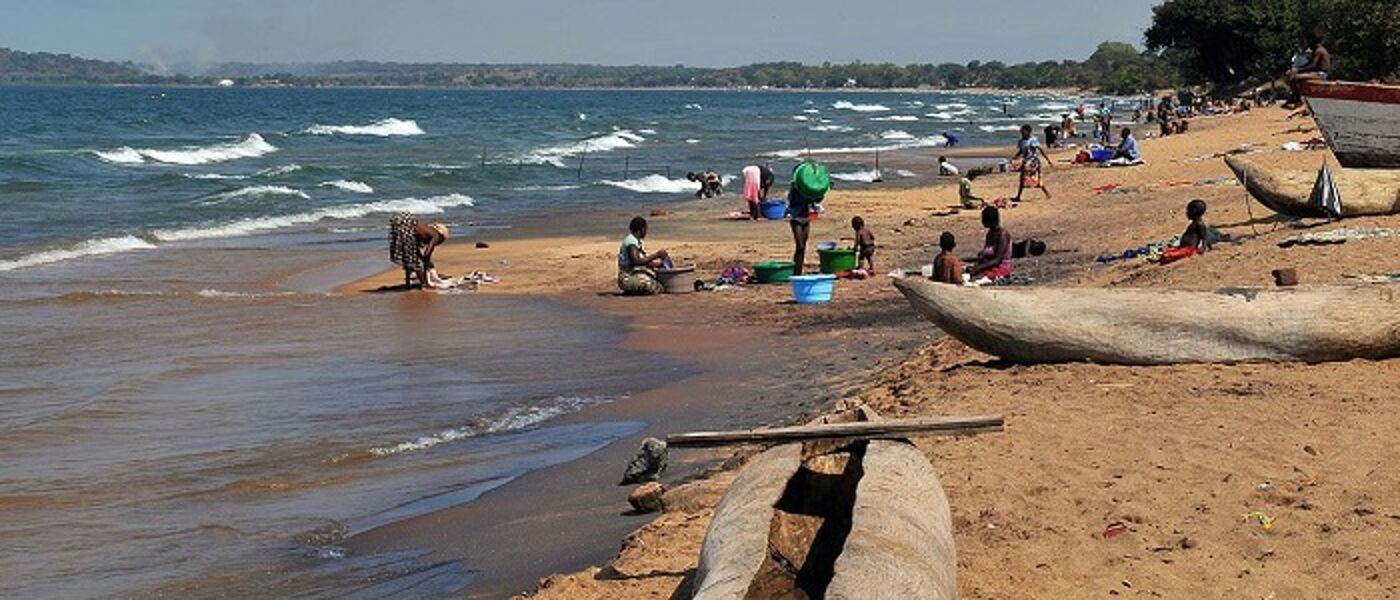
Reviving a Maritime Past
Project Title: Reviving a Maritime Past: Architectural and Ecological Heritage of Chinde
Geographical focus: Mozambique
The research is part of the Rising from the Depths Network. It will identify challenges faced by Maritime Heritage highlighting key bottlenecks to conservation. It will also point to ways to strengthen social and economic inclusion promoting equitable heritage led development. The project will devise an Inclusive Maritime Heritage Agenda which can inform policies related to maritime conservation, regional development and poverty reduction.
Project Lead: Dr Patrizia Riganti
Project Website: Rising from the Depths

Sustainable Futures in Africa
Project Title: Sustainable Futures in Africa
Geographical Focus: Botswana, Eswatini, Malawi, Nigeria and Uguanda
Project Lead:
Project Website: Sustainable Futures in Africa
Waterproofing Data
Project Title: Waterproofing Data
Geographical focus: Sao Paulo and Rio Branco, Brazil
Waterproofing Data investigates the governance of water-related risks, with a focus on social and cultural aspects of data practices. Typically, data flows up from local levels to scientific "centres of expertise", and then flood-related alerts and interventions flow back down through local governments and into communities. Rethinking how flood-related data is produced, and how it flows, can help build sustainable, flood resilient communities. The project will promote innovative methods around data practices to transform how flood-related data is produced, creating new governance arrangements between citizens, governments, and flood experts.
Project lead: Professor João Porto de Albuquerque
Project Website: Waterproofing Data
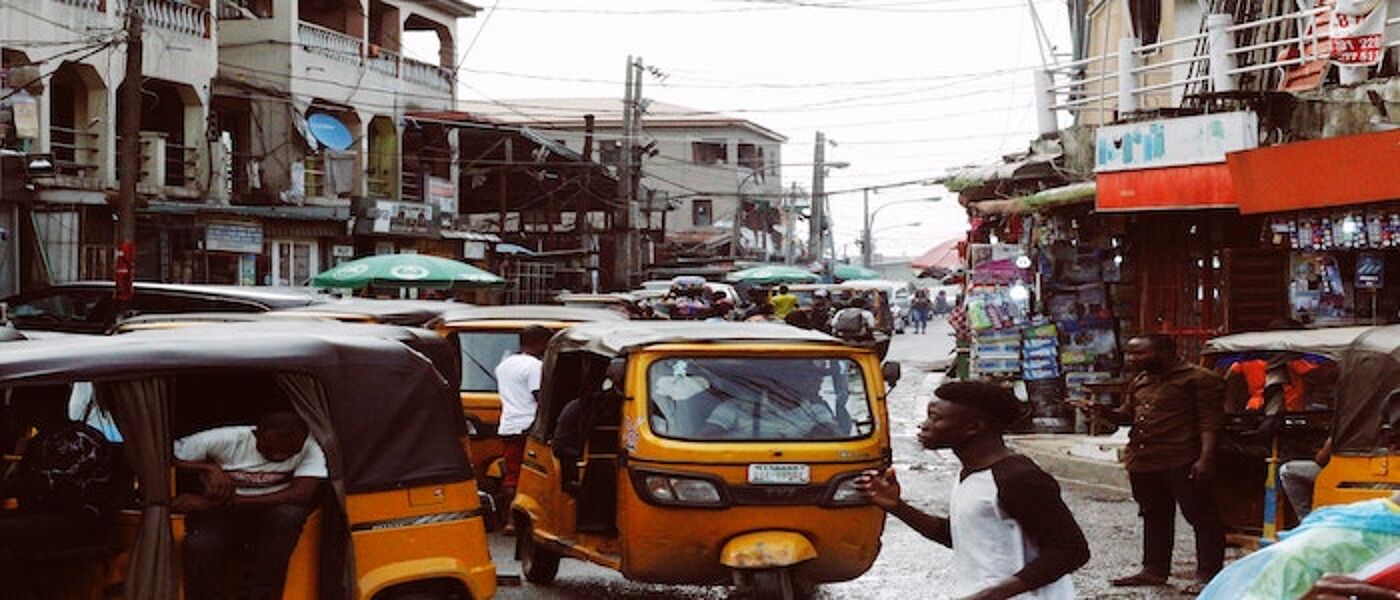
IDEASMAP
Project Title: IDEASMAP
Geographic focus: Africa
IDEASMAP project aims to combine earth observation analysis using artificial intelligence (AI) with community generated data to support interventions to improve urban planning, slum upgrading and urban health. The project will be piloteProfessor João Porto de Albuquerque,d in Nigeria (Lagos and Kano) and Kenya (Nairobi).
Project Lead: Professor João Porto de Albuquerque
Project Website: IDEASMAP
Strengthening Urban Engagement
Project Title: Strengthening Urban Engagement of Universitites in Asia and Africa (SUEUAA)
Geographical focus: Harare, Zimbabwe; Dar-es-Salaam, Tanzania; Johannesburg, South Africa; Duhok, Iraq; Sanandaj, Iran; and Manila, the Philippines
The overall aim of the SUEUAA project was to determine how universities could through better engagement with city stakeholders contribute to improving physical, economic, social, health, environmental and cultural infrastructures that make cities resilient to natural and human-made disasters.
Project lead: Michael Osborne
Website: SUEUAA
Understanding Risks & Building Enhanced Capabilities
Project Title: Understanding Risks & Building Enhanced Capabilities in Latin American cities (URBE Latam)
Geographical focus: Rio de Janeiro, Brazil and Medellín, Colombia
Latin America has undergone accelerated urban growth in the past 50 years and it is presently one of the most urbanised areas of the world. One consequence of this trend is the proliferation of marginalised urban neighbourhoods which are not only disproportionately exposed to natural hazards, but also have less economic and social capital to adapt and respond to their consequences. URBE Latam seeks to improve the understanding of risks and vulnerabilities associated with rain-related geohazards by adopting a citizen-generated data approach that relies upon well-established partnerships with communities, and governmental agencies involved in disaster risk reduction and local planning and development.
Project Website: URBE Latam
Project lead: Prof João Porto de Albuquerque

